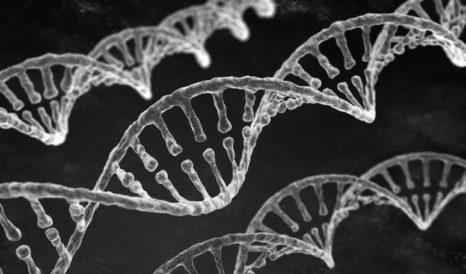Cancer diagnosis breakthrough
Scientists have found a way to detect cancer before you get symptoms.
Mutations in cells can help to diagnose cancer years, or even decades, before symptoms appear, according to a new study published in Nature magazine.

Looking at over 2,700 tumours, the international team of scientists mapped the DNA changes that led to the development of 38 different cancer types. As cells in your body grow and divide, errors can be introduced in their DNA. Some of these errors are harmless and have no effect. Other errors lead to the development of cancerous tumours.
“We have learned that cancer is the endpoint of a lifelong evolutionary process that drives our cells. This process is fuelled by mutations in the cells’ genomes,” said Moitz Gerstung, co-lead author and Group Leader at EMBL’s European Bionformatics Institute. “These mutations occur as we age. Usually, there are no consequences to these mutations, but sometimes, the consequences can be dramatic.’
The study looked at the ‘life history’ of these genetic mutations, and found that there were different timescales for various cancers. With ovarian cancer, the driver mutations began up to 35 years before the disease was diagnosed; with kidney, bladder and skin cancers, the mutations occurred almost 20 years before diagnosis; but with liver and cervical cancer, it was less than five years.
“Unlocking these patterns means it should now be possible to develop new diagnostic tests that pick up signs of cancer much earlier,” said co-author Dr Peter Van Loo, of the Francis Crick Institute in London.
